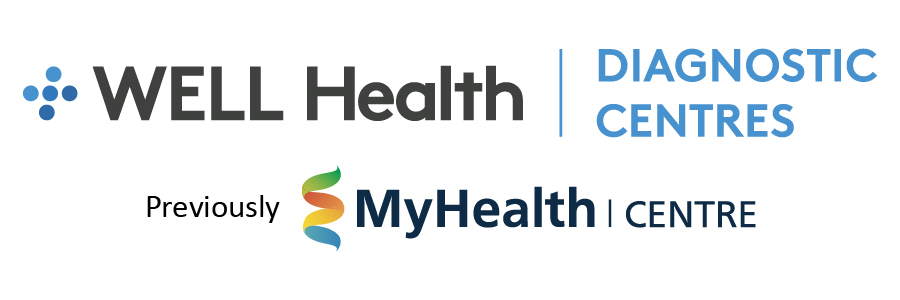NEWS & INSIGHTS
What are the 4 stages of Congestive Heart Failure (CHF)?

The degenerative illness known as congestive heart failure, or CHF, impairs the heart’s capacity to pump blood effectively. Patients and medical practitioners must understand the four different stages of CHF. The stages of congestive heart failure (CHF), associated symptoms, and holistic care approaches that might enhance the quality of life for individuals with CHF are all covered in this blog post.
Stage 1: At-Risk (Pre-CHF)
According to the National Institutes of Health, stage 1, sometimes referred to as the “At-Risk” or “Pre-CHF” stage, is when the journey through CHF starts. At this stage, people may have risk factors, such as diabetes, hypertension, or a family history of heart disease, that make them more likely to develop heart failure. Even though heart failure may not have any apparent symptoms, it is still essential to address these risk factors with lifestyle modifications and routine check-ups with the doctor.
Stage 2: Mild Heart Failure
The second stage of mild heart failure is when it starts. The heart’s capacity to pump blood starts to deteriorate at this point, although symptoms are still somewhat manageable. Breathlessness, exhaustion, and foot and ankle edema are possible side effects. It takes medical intervention, such as medication and dietary changes, to reduce heart failure symptoms and decrease the disease’s progression.
Stage 3: Moderate Heart Failure
When CHF reaches Stage 3, symptoms intensify and have a significant influence on day-to-day functioning. Increased exhaustion, breathing problems even when at rest, and fluid retention in different body areas are possible symptoms for patients. Advanced medication and increased monitoring result in more extensive medical management. At this point, lifestyle changes are crucial, such as a low-sodium diet and consistent exercise based on the patient’s capacities.
Stage 4: Severe Heart Failure
Severe heart failure is represented by level 4, the last level of CHF. At this stage, the heart’s capacity to pump blood is seriously impaired, making it difficult for patients to carry out even the most basic daily tasks. Severe weariness, ongoing dyspnea, and recurrent hospitalizations are possible symptoms. For qualifying individuals, advanced therapeutic alternatives, including heart transplantation or ventricular assist devices (VADs) can occasionally be considered.
Holistic Care for Congestive Heart Failure (CHF) Patients
For CHF patients, holistic therapy entails a thorough strategy that takes into account lifestyle, mental, and physical aspects, says the American Heart Association. It involves routine physical examinations, prescription administration, and weight and hydration tracking. Furthermore, to assist patients in managing the psychological effects of CHF, medical professionals frequently suggest stress management methods, emotional support, and counselling.
Personalized Care Strategies
Since every CHF patient differs, tailored care plans must meet each person’s requirements and preferences. In close collaboration with patients, healthcare professionals create a personalized care plan that considers each patient’s unique symptoms, heart failure stage, and treatment objectives. This individualized approach enhances the patient’s general health and quality of life.
Lifestyle Modifications Across Congestive Heart Failure (CHF) Stages
Lifestyle changes are essential for controlling CHF regardless of the condition’s stage. According to the Mayo Clinic, these adjustments could consist of:
- Diet: Dietary adjustments include eating a heart-healthy diet high in fruits, vegetables, and whole grains and limiting salt consumption to control fluid retention.
- Exercise: Performing regular physical activity to the best of the patient’s ability to enhance general health and cardiovascular fitness.
- Medication Adherence: Strictly taking prescribed drugs as directed to manage symptoms and stop further decline.
- Cessation of Smoking: Giving up smoking will lower your risk of problems and strengthen your heart.
- Stress Management: Using methods for reducing stress, such as mindfulness, meditation, or relaxation exercises, to enhance emotional health.
It is critical for both patients and medical professionals to comprehend the four stages of congestive heart failure (CHF). Early identification and treatment for CHF patients can significantly enhance outcomes and quality of life. At every stage of the illness, people can overcome the obstacles posed by CHF and move toward improved heart health by implementing tailored and comprehensive care techniques.
Sources: www.heart.org ; www.ncbi.nlm.nih.gov; www.cdc.gov; www.health.harvard.edu
WELL Health Diagnostic Centres‘ 40+ Ontario locations provide OHIP-covered cardiology, radiology, women’s health, telehealth, and sleep diagnostic services – with shorter wait times, faster report turn-around, and the highest standard of patient care.
